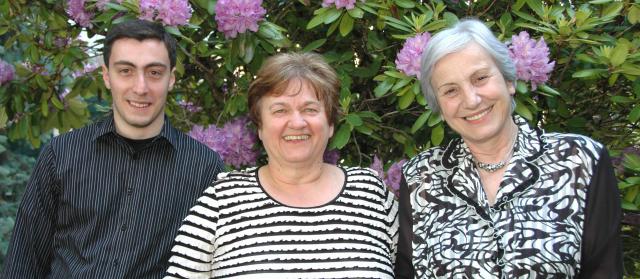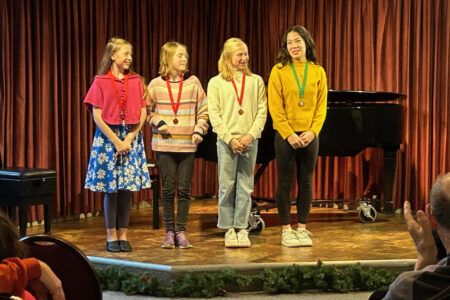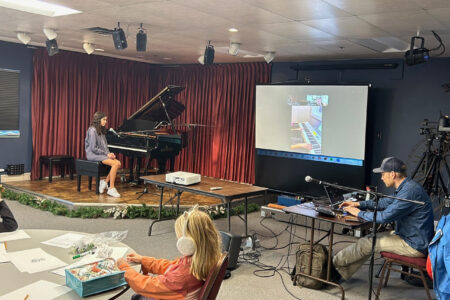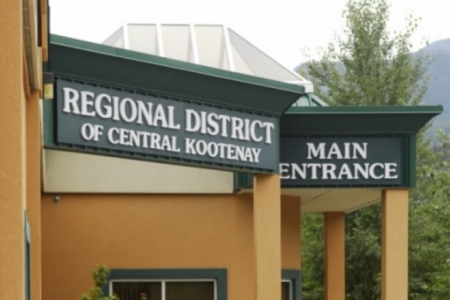Selkirk College & the Republic of Georgia Move Towards Educational Change
In a time of political unrest and transformation, the Republic of Georgia continues to press forward, looking for innovative ways to turn their economy around. With the help of Canadian partners such as Selkirk College, Georgians are increasing community economic development through educational change.
Currently in Georgia, unemployment is particularly rampant in the rural communities. Multi-generational families frequently live together, existing on under $100 US per month and barter. With agriculture as their main industry, honey, cheese, milk, potatoes, medical grasses and sunflower seed oil are all potential marketable products. However, there is a lack of knowledge on how to brand, market and sell these products in the national/global market. Bordering the Black Sea, the Caucus Mountains, and possessing a history that dates back thousands of years, Georgia is a natural tourist destination. Although the potential for poverty reduction is there, the knowledge is not.
In 2003, the Republic of Georgia Government set the goal to “improve Georgians’ quality of life through sustainable development” as part of its Economic Development and Poverty Reduction Program (EDPRP). The priorities include “increased human capital through improved quality and delivery of education policies and services”. As part of this, the Georgian Ministry of Education and Science (MES) and Georgia Technical University (GTU) were tasked with opening community colleges in rural communities, modeled on the Canadian and American college systems.
Through a Canadian International Development Agency (CIDA) grant, Selkirk College, Thompson Rivers University were able to provide expertise for the development of community colleges and an online learning structure for Georgia’s population.
“This is a unique opportunity for Selkirk to utilize its extensive expertise and experience to provide support to the Georgian government as they shift to a system that they believe will improve community economic development, reducing unemployment and poverty,” said Vi Kalesnikoff, Dean of Community, Corporate and Student Development at Selkirk College. “It is both a compliment and a responsibility that Georgia has chosen to adapt our college system model to meet their needs.”
To date, colleges have been open in Gori, Tsonori, Akhalkalaki and Batumi, spanning the entire country of Georgia. Even though colleges and two-year diplomas are a new concept, over 300 students are enrolled in the three pilot programs, which include Construction Management, Small Business Management and Tourism Management. A fourth diploma, Agricultural Management, will be added in the next year, along with online learning options.
Representatives from GTU recently visited Selkirk College to learn about online learning implementation. Lali Gogeliani, Dean of Hydro Engineering at GTU and Coordinator for Education Reform in Georgia, is excited about the potential. “This will open up a whole new world for Georgians,” she explained. “This method of developing and delivering curriculum for professional education will enable more individuals in rural communities to become educated and move the economy forward. We are very fortunate to be working with Selkirk College on this endeavour.”
Other partners involved include the Georgian Ministry of Education and Science (MES), Georgian Technical University (GTU), North Atlantic Treaty Organization (NATO) and the American group Community Colleges in International Development.
It is the hope of Selkirk College and its partners that the establishment of the colleges in the Republic of Georgia and increased access to practical education will help alleviate poverty, will stop the out-migration of the rural population to Tbilisi, the urban centre and will inevitably improve their economy and lives of individuals living there.
For more information on the project, visit:
selkirk.ca/international/projects/georgia


























Comments